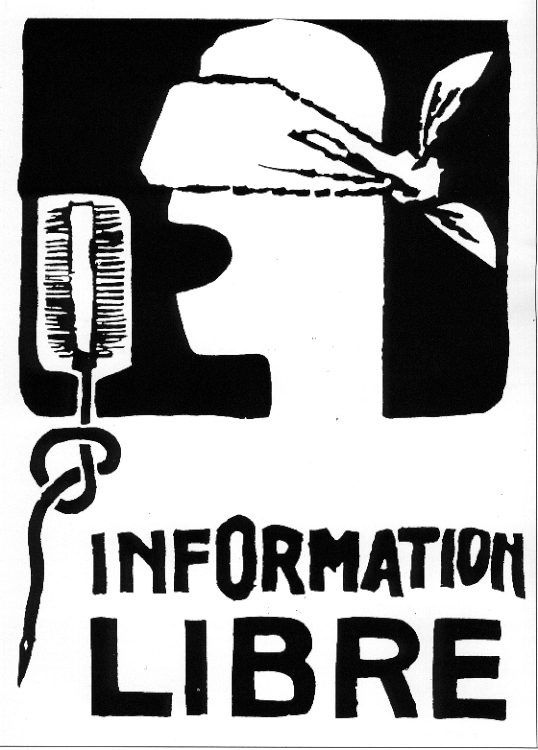On Friday 13 February, an organization of concerned students calling itself The New University (http://newuni.nl/) occupied the Bungehuis, one of the University of Amsterdam’s buildings and one of the Humanities Faculty’s primary locations. The students are protesting the financialization of academic life, and are calling for the radical democratization of university management. According to press releases issued by the students, their decision to occupy a university building was only taken after they had become convinced that all other options for entering into discussion with the university’s management had been exhausted, and many less impactful forms of protest had already been exercised (see http://humanitiesrally.com/).
The University of Amsterdam’s Executive Board has responded by taking the students to court, thus criminalizing a sincere and legitimate form of protest and imposing exorbitant fines and legal fees on the students. Since the court’s ruling, the students face imminent forcible eviction as well as growing financial burdens, but they nevertheless continue to occupy the building, where they organize lectures, public debates, and assembly meetings, while developing further plans for protests and acts of civil disobedience for as long as the Board continues to ignore their demands.
As members of the international academic community, we hereby express our support for the students’ right to protest. We sympathize with their demand for greater transparency and accountability for university management, and for the democratization of decision-making processes. We therefore call upon the University of Amsterdam’s Executive Board to work with the students rather than continuing to making disproportionate legal and financial threats, thereby criminalizing a legitimate form of protest. We also urge the Board to involve students and staff members in an open discussion to work towards a reversal of the ongoing financialization and managerialism that is increasingly coming to dominate academic life.
source: change.org


 The five-page Human Rights Watch report identifies a range of outstanding human rights concerns stemming from laws and practices enacted by the government led by Prime Minister Viktor Orbán since its election in 2010. The Hungarian government has introduced a raft of problematic laws and policies while international calls to amend them have gone largely unheeded.
The five-page Human Rights Watch report identifies a range of outstanding human rights concerns stemming from laws and practices enacted by the government led by Prime Minister Viktor Orbán since its election in 2010. The Hungarian government has introduced a raft of problematic laws and policies while international calls to amend them have gone largely unheeded.

 MMA countdown – Free Artists welcomes the resigned MMA-members!
MMA countdown – Free Artists welcomes the resigned MMA-members! TRANSZPARENCIÁT!
TRANSZPARENCIÁT!